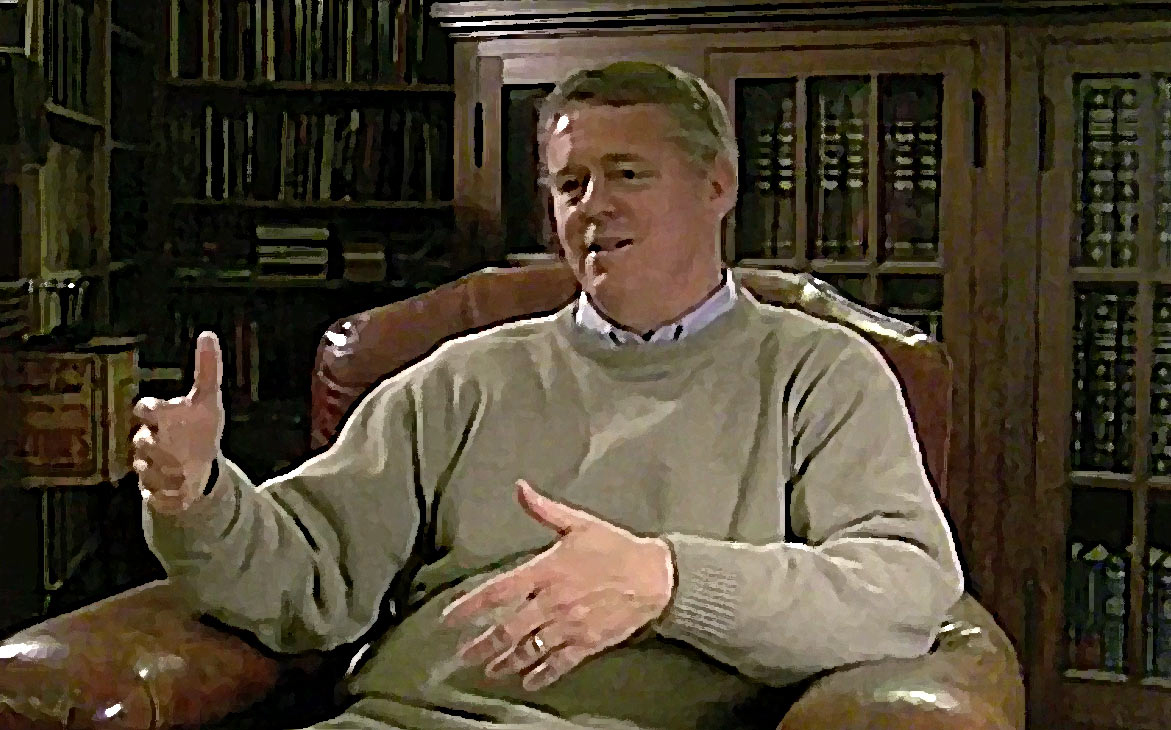Customers in Germany and elsewhere have flouted irrational attacks on the popular ride-sharing service Uber.
As I have explained before, Uber’s software lets passengers and drivers connect in a way that bypasses regularly regulated taxicabs. Cabbies don’t necessarily oppose the innovation. Many see Uber’s app as a nifty way to get customers. And, of course, many riders see it as a nifty way to get rides.
But taxi dispatchers? Well, that’s another story.
At least it is in Germany, where an organization for dispatchers called Taxi Deutschland has kvetched that the San Francisco company lacks the Necessary Permits to do electronic dispatching in Deutschland. Thanks to TD’s loud complaints, a German court issued a temporary injunction against Uber, prohibiting it from conjoining ride-seekers and ride-givers in happy synchrony.
Uber decided to keep operating in the country anyway, despite the threat of huge fines.
They’ve gotten lots of moral support. In response to the injunction, customers quietly but firmly told regulators “Laissez nous faire!” — a.k.a. “You’re not the boss of me!” — by doubling, tripling and even quintupling demand for Uber’s app. Matthew Feeney of Cato Institute points to jumps in signups in the days following the court’s order: in Frankfurt a 228 percent jump, Munich 329 percent, Hamburg 590 percent.
Last July, in the U.K., Brits surged their signups eight times over after protests against the company.
Keep up the good work, rebels.
This is Common Sense. I’m Paul Jacob.




